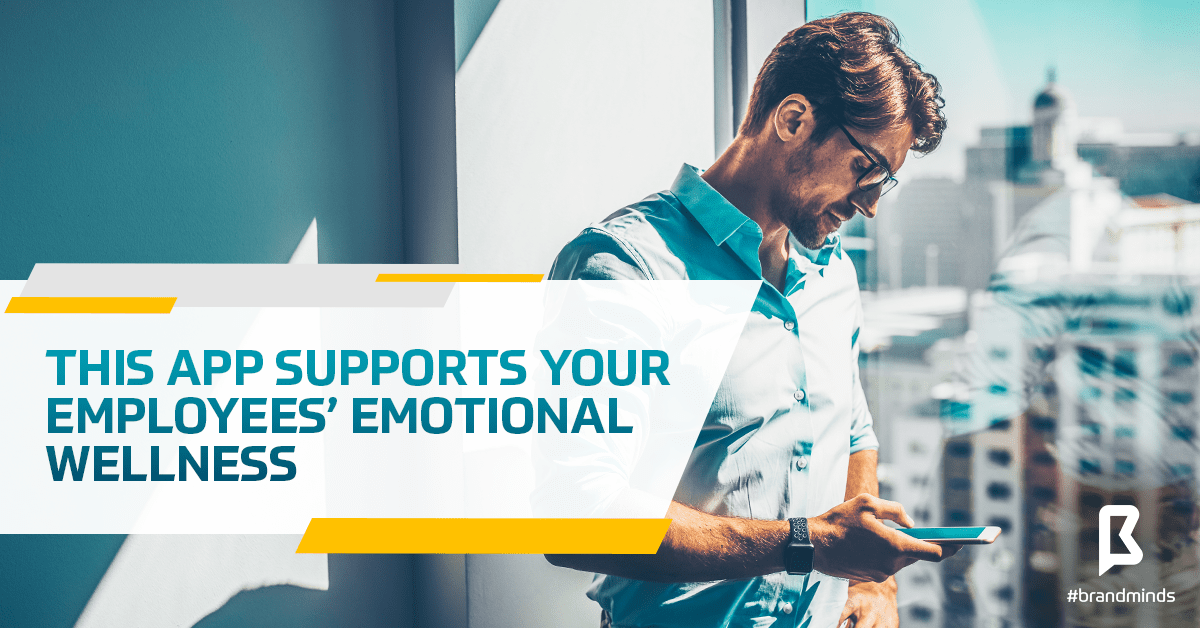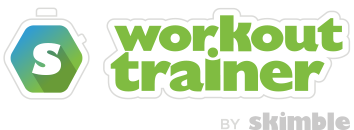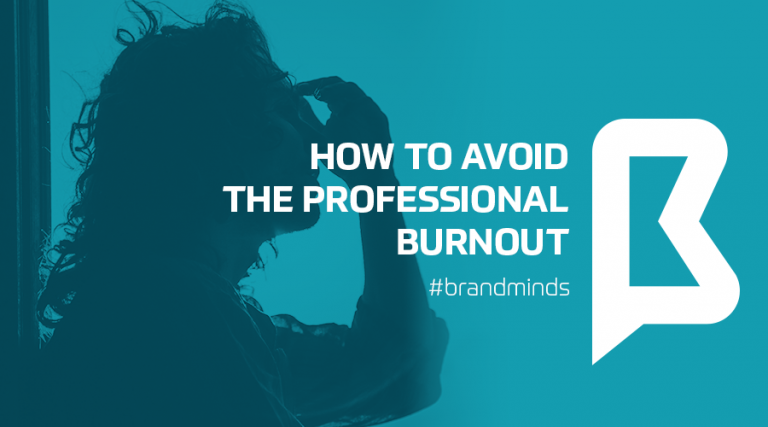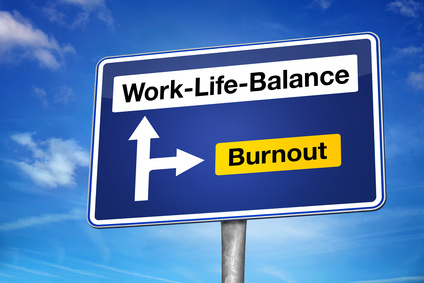This App Supports Your Employee’s Emotional Wellness

Is your employees’ emotional wellness a topic of interest in your organisation? Read on to learn of an app which supports the emotional wellness of your employees.
According to the World Health Organization, mental disorders affect one in four people.
Experts estimate around 450 million people currently suffer from such conditions, placing mental disorders among the leading causes of ill-health and disability worldwide.
People suffering from mental disorders are difficult to diagnose and treat because of the negative perceptions about mental illnesses or mental conditions: stigma, shame, discrimination.
Learn more: Along the Road to Great Mental Health: Debunking the Myths & Stigma
While various studies have found mobile phones can have a negative impact on our physical and mental health, we can also find ways to use them to our benefit.
Our mobiles phones act as our windows into the world. But just as our mobile phones provide us with the latest political news, fashion trends or cake recipes, they also provide us with important insights into our emotional health.

A world where mental health is never an obstacle.
The team behind Ginger built the app on this very idea: that our interactions with our mobile phones can be turned into data which could supply an accurate and update emotional profile.

What is Ginger.io?
Ginger.io is an app which offers professional coaching services to support employees’ emotional wellness.
Mission
At the moment of need, we provide stigma-free access to high-quality coaches, clinicians and content. We’re coupling data science and virtual care to reinvent how the world gets mental health support.
About Ginger.io:
- It is a behavioural analytics platform which turns mobile data into health insights;
- The app is available to individuals whose employer or health plan offers Ginger as a benefit;
- It offers emotional-health coaching and therapy via chat, teletherapy and telepsychiatry via video;
- Ginger members can chat directly with a coach within the app at any time of day, 365 days a year;
- Ginger coaches are licensed therapists and certified psychologists; their expertise is focused on stress reduction, motivation, and human behaviour;
- With the help of the app’s coaches, members identify distorted thoughts, change problematic behaviours, tolerate painful emotions, successfully manage effects.
Benefits:
- On-demand 24/7 emotional support: Ginger members have immediate access to video sessions with therapists and psychiatrists;
- AI technology: AI technology helps the app’s clinical team reach out at times that are most helpful;
- Higher engaging rates than EAPs (Employee Assistance Programme): 8-30% employees engage with the app while EAPs see only 0-3% engagement rates at the same companies;
- Treatments: emotional-health coaching, mindfulness, cognitive behavioural therapy, and talk therapy;
- Alerts: the app provides alerts when user behaviour deviates from the norm.
Join the Conversation
We’d love to hear what you have to say.
Get in touch with us on Facebook Group and Twitter.
Best 5 apps for health improvement
Technology has become an important part of our life from ordering food to paying our bills, talking to our friends and family in another country or printing products instead of manufacturing them.
There are numerous apps that help us get things done faster and more efficiently.
Health is one of the latest fields to benefit from apps.
Here are 5 apps that you can use to improve your health:
1. Weight loss app: YAZIO

image: @yazio
Losing that extra weight you have been carrying for the past few years is the best thing you can do to improve your health.
But getting back in shape can be a real challenge.
YAZIO app helps you lose weight by counting calories. If you set a limit of maximum number of calories you wish to eat daily, YAZIO can help you meet your goal: it shows the calories intake of each meal you eat.
The app also provides the user with a database of nutrition facts for foods such as fruits, cooked chicken breast, banana, milk or pain au chocolat. If you exceed your calorie limit, YAZIO can also recommend activities to burn extra calories.
2. Meditation app: Meditation Studio

image: meditationstudioapp.com
If you work in an extremely high-stress environment or you experienced decrease in work performance, meditation can improve your physical and mental health.
Meditation Studio app offers a diverse selection of meditation styles, teachers, and traditions, from mindfulness to Buddhist and beyond. The user is provided with many types of meditation he or she can choose from, including breath, body, heart, visualization, inspiration, and of course, instruction.
3. Workout and fitness app: Workout Trainer by Skimble

image: blog.skimble.com
Workout Trainer app helps you meet your workout and fitness goals faster with personalised recommendations based on your fitness assessments, exercise preferences and training history.
The app’s featured training programs are very useful if you set out specific goals: improve endurance, target upper or lower body, lose weight, strengthen core, cardio, and a.s.o. All multimedia coaching content is developed with a team of certified personal trainers and health professionals.
4. Better sleep app: Digipill

image: digipill.com
Do you have trouble getting the recommended eight-hour sleep?
There’s an app for that and it’s called Digipill.
Digipill uses a formulated blend of language and sound to reduce stress and prevent insomnia. You can choose an audio pill based on your current needs. Each pill has a treatment time of around 30 minutes and features names such as Sleep Deeply (prescribed for a night of rest), Peace of mind (for easing anxiety), and Power Nap (for a refreshing snooze).
5. Quit smoking app: Cessation Nation
 image: wearecessationnation.com
image: wearecessationnation.com
It’s not easy to stop smoking, but you can increase your chances of success if another person or group of people supports you.
Cessation Nation app helps bring a community together to strive toward the same goal. With Cessation Nation, you can keep track of your health improvements, money saved and earn reward badges for your progress. When the cravings emerge, this app includes a game to distract you and help you stay on track.
If you liked this article, share it with your friends!
How To Avoid The Professional Burnout

When one is passionate about their job, when one is a high-achiever, one tends to ignore the fact that they’re working exceptionally long hours, taking on exceedingly heavy workloads and putting enormous pressure on themselves to excel—all of which make them ripe for burnout.
According to psychologytoday.com, burnout is a state of chronic stress that leads to: physical and emotional exhaustion, cynicism and detachment, feelings of ineffectiveness and lack of accomplishment. In the state of full-fledged burnout, one is no longer able to function effectively on a personal or professional level. However, burnout doesn’t happen overnight, our bodies and minds do give us warnings, and if you know what to look for, you can recognize it before it’s too late. More about the stages of a burnout and its signs one can read here.

But what can we do to avoid reaching this state? According to Christina Maslach and Michael P. Leiter in their book “The Truth About Burnout: How Organizations Cause Personal Stress and What to Do About It”, when burnout occurs, three things happen: you become chronically exhausted, cynical and detached from your work and you feel increasingly ineffective on the job.
An idea would be to try and be more optimistic and make sure you don’t fall on a pessimistic slide, or, if you have the necessary means, just try a vacation. Realistically speaking though, things are not as easy as they seem, hence the problem creeping out on you and making it quite a big issue.
Pay attention to the voice in your head. When it starts describing negative events as permanent, pervasive or personal, correct yourself. By remembering the 3 P’s (permanence, pervasiveness and personal) and flipping the script, Martin Seligman, author of “Learned Optimism: How to Change Your Mind and Your Life” says you can make yourself more optimistic over time.
Increase your social activity. Spend time with friends, they will bring a balance into your life. As shown by bakadesuyo.com, when the American Medical Association surveyed top doctors to find out how they avoided burnout, one of the key things mentioned was “sharing issues with family and friends.”
Increase your self-efficiency. Paula Davis-Laack, JD, MAPP, an internationally-published writer who travels the globe as a stress and resilience expert, wrote for Psychology Today that self-efficacy is having the belief in your own ability to accomplish (and exercise control over) personally meaningful goals and tasks. People who have a stronger level of perceived self-efficacy experience less stress in challenging situations, and situations in turn become less stressful when people believe they can cope (Albert Bandura, 1989).
Have creative outlets. Burnout interferes with your ability to perform well, increases rigid thinking, and decreases your ability to think accurately, flexibly, and creatively. Even if you aren’t able to flex your creative muscles at work, having some type of creative outlet will keep you engaged and motivated.
Take care of yourself. Make sure you always put yourself first and don’t forget what is important to you and your life. Moreover, pay attention to your health and the outside-work life. Our bodies aren’t machines and one has to remember that things will still be here to be done after taking a much-needed break.
Start saying “no” from time to time. Don’t be afraid to say no. Every “yes” you say adds another thing on your plate and takes more energy away from you.

Get support where you can find it. The number of people who say they have no one with whom they can discuss important matters has nearly tripled in the past two and a half decades. The more depressed or into-work people get, the more they tend not to speak with other people or spend time with others, considering they are always under-time pressure or with a deadline hanging over their head. It’s a state one must make sure he / she doesn’t get stuck into.
According to http://99u.com, to help relieve pressure, schedule daily blocks of downtime to refuel your brain and well-being. It can be anything from meditation to a nap, a walk, or simply turning off the wifi for a while.
Concentrate on positive emotions. Studies show that increasing your diet of positive emotion builds your resilience, creativity and ability to be solution-focused, things that are in short supply if you feel like you’re burning out. I made it a point to start noticing when people did things well (and told them so), and I tried to stop being so hard on myself. Aim for a ratio of positive emotions to negative emotions of at least 3:1, which is the tipping point to start experiencing increased resilience and happiness (Fredrickson, 2009).
Limit your contact with negative people. Hanging out with negative-minded people who do nothing but complain will only drag down your mood and outlook. If you have to work with a negative person, try to limit the amount of time you have to spend together.
Make friends at work. Having strong ties in the workplace can help reduce monotony and counter the effects of burnout. Having friends to chat and joke with during the day can help relieve stress from an unfulfilling or demanding job, improve your job performance, or simply get you through a rough day.
Take time off. If burnout seems inevitable, try to take a complete break from work. Go on vacation, use up your sick days, ask for a temporary leave-of-absence—anything to remove yourself from the situation. Use the time away to recharge your batteries and pursue other burnout recovery steps. Entrepreneurs or freelancers can be especially prone to burnout. Joel Runyon plays “workstation popcorn,” in which he groups tasks by location and then switches, in order to keep work manageable, provide himself frequent breaks, and spend his time efficiently.

Set boundaries. Don’t overextend yourself. Learn how to say “no” to requests on your time. If you find this difficult, remind yourself that saying “no” allows you to say “yes” to the things that you truly want to do.
Nourish your creative side. Creativity is a powerful antidote to burnout. Try something new, start a fun project, or resume a favorite hobby. Choose activities that have nothing to do with work.
Set aside relaxation time. Relaxation techniques such as yoga, meditation, and deep breathing activate the body’s relaxation response, a state of restfulness that is the opposite of the stress response.
Get plenty of sleep. Feeling tired can exacerbate burnout by causing you to think irrationally.
Avoid nicotine. Smoking when you’re feeling stressed may seem calming, but nicotine is a powerful stimulant, leading to higher, not lower, levels of anxiety.


